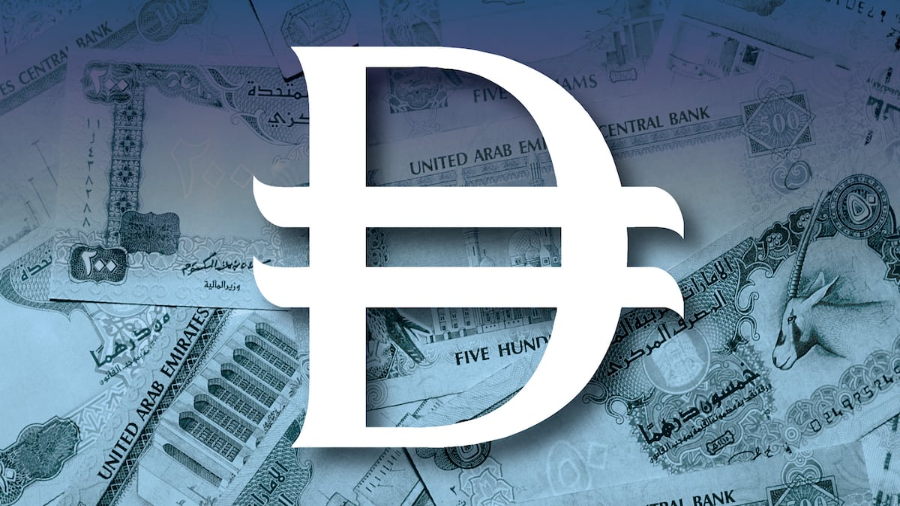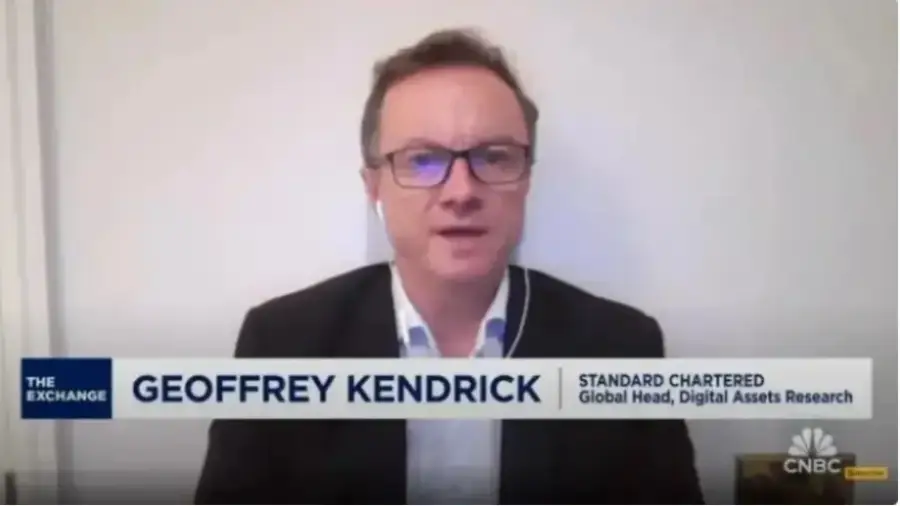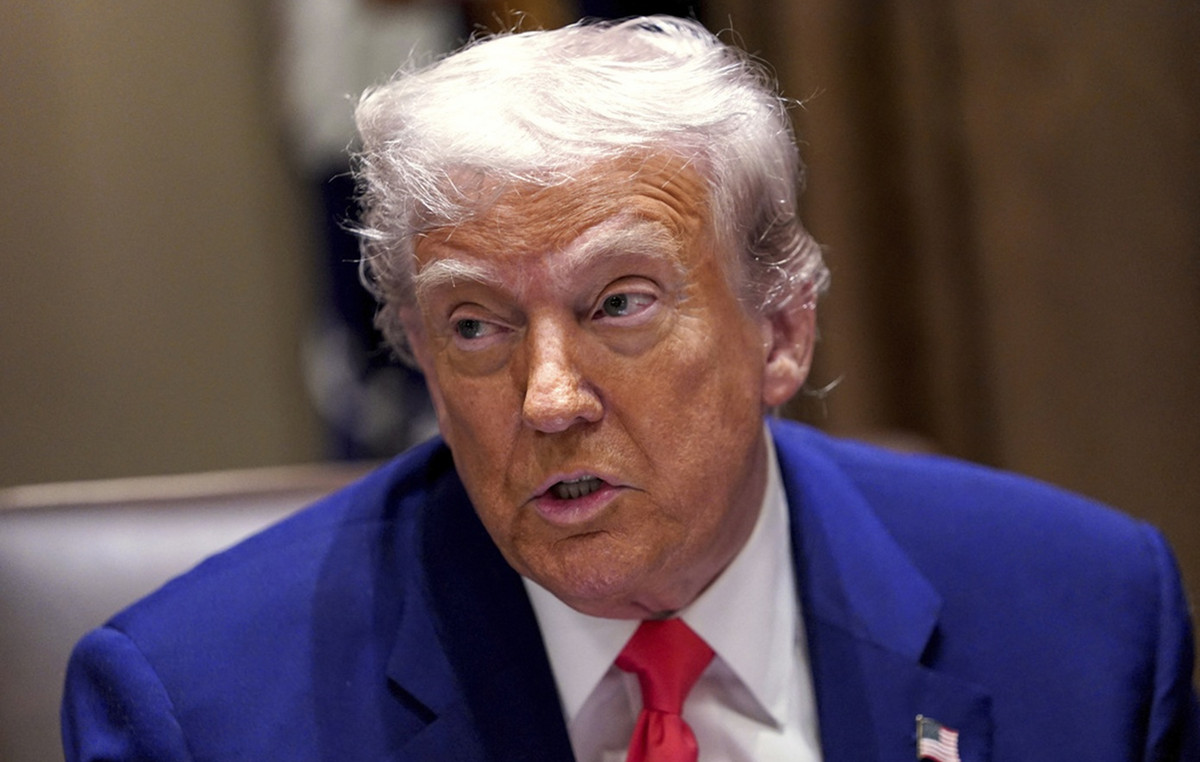Hundreds of thousands of leaked Uber documents obtained by The Guardian and shared with a consortium of news outlets show how during its most aggressive period of growth, the ride-hailing company reportedly used secret technology to thwart police investigations, seeking high government favors. level and even noticed a positive side in possible violent confrontations between its drivers and taxi drivers.
Reports by members of the International Consortium of Investigative Journalists, of which CNN wasn’t a part, renew global scrutiny of Uber’s most controversial days from 2013 to 2017 — a period the company has tried to overcome in recent years with new leadership. Under then-CEO and co-founder Travis Kalanick, Uber openly argued with regulators and taxi drivers amid a relentless campaign of worldwide expansion.
In 2016, during mass anti-Uber demonstrations by taxi operators in Paris, Kalanick discussed holding a rally of Uber passengers and drivers in the city, according to The Washington Post. Kalanick privately suggested that any violent reaction to the potential event “would be worth it” and would “guarantee the success” of the company, according to the leaked documents.
The leaked documents allegedly show how Uber appeared to capitalize on attacks against its drivers in general, citing them “to secure meetings with politicians and push for regulatory change,” the Post reported.
In a broader statement to the consortium responding to various reports, Devon Spurgeon, a spokesperson for Kalanick, said the former CEO “never suggested that Uber should take advantage of violence at the expense of passenger safety.” Spurgeon confirmed the statement to CNN Business, but declined to comment further.
Uber also reportedly used a “kill switch” to prevent company data from falling into the hands of authorities during numerous police raids in various countries, according to The Guardian, on a much broader basis than previously known.
The kill switch would have been deployed in six countries, including France, the Netherlands, Belgium, India, Hungary and Romania, cutting connections between Uber’s computers at its local offices from the company’s main cloud network. Spurgeon’s statement to ICIJ said the tool’s use was approved by Uber’s legal and regulatory teams and that it was never “designed or implemented to ‘obstruct justice'”.
As part of its lobbying effort around the world, the BBC reported, Uber has cultivated close ties with Emmanuel Macron, who at the time was France’s economy minister and has met at least four times with Kalanick. The pair reportedly developed a first-name relationship and Macron told Kalanick he could help make changes to French law that would be favorable to the company.
The BBC quoted a statement by Macron’s spokesman as saying that his work at the time “led him to meet and interact with many companies involved in the sudden change… in the service sector, which had to be facilitated by unblocking administrative and regulatory hurdles”. .
And in a failed expansion effort into Russia, Uber and Kalanick tried to reach out to oligarchs and allies of Russian President Vladimir Putin, according to ICIJ. While the leaked documents do not suggest that Uber violated US sanctions, the Washington Post said that “nearly everyone Uber has allied with is under sanction for their alleged ties to Putin by US or European officials.”
Spurgeon’s statement to ICIJ said that during a 2016 visit to Russia organized by Uber’s policy and business development teams, Kalanick “always acted lawfully and with the clear approval and authorization of Uber’s legal team.”
Kalanick resigned as Uber’s CEO in 2017 after months of public relations crises, including a tool he allegedly built to help drivers evade law enforcement in cities like Portland, Oregon, where he was not allowed to operate. Since then, Uber has tried to turn the page, replacing Kalanick with Dara Khosrowshahi, the former CEO of Expedia.
In a statement posted on its website, Uber distanced itself from its “pre-2017 mistakes,” which the company acknowledged “culminated in one of the most infamous reckonings in America’s corporate history.”
“We do not and will not make excuses for past behavior that clearly does not align with our current values,” Uber spokeswoman Jill Hazelbaker said in the statement, adding that 90% of current Uber employees have come to the company. after the change of leadership. But the leaked documents show that despite Uber’s attempts to get over its past, the company could continue to be haunted by it in the future.
Source: CNN Brasil
I’m James Harper, a highly experienced and accomplished news writer for World Stock Market. I have been writing in the Politics section of the website for over five years, providing readers with up-to-date and insightful information about current events in politics. My work is widely read and respected by many industry professionals as well as laymen.







